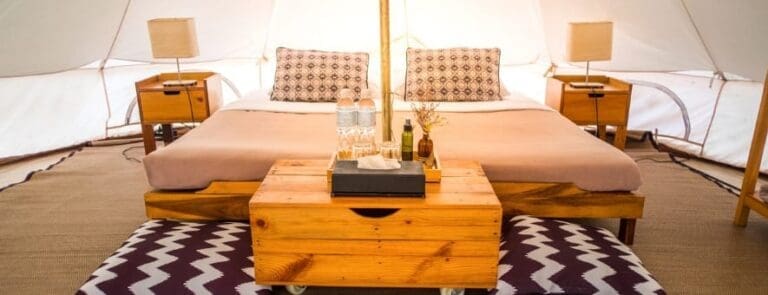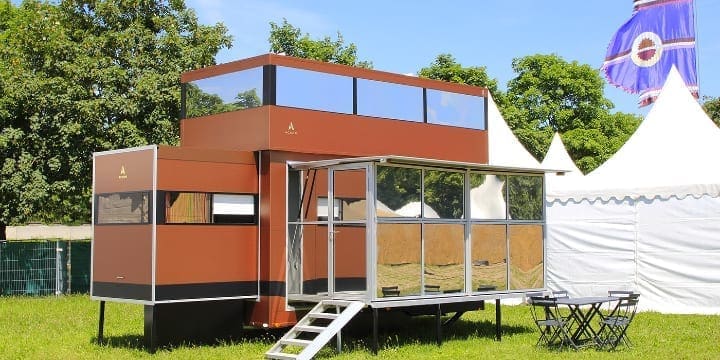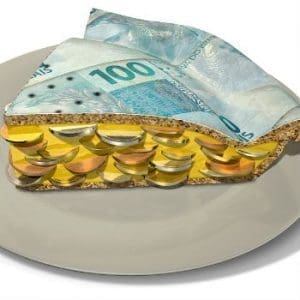The concept of a pop-up service is neither new or foreign to most people. More and more pop-up restaurants, salons, or art installations and the like are dominating city environments, mostly to positive responses from the public.
Pop-up hotels on the other hand; surely that’s a bit much? How can the experience of a quality hotel stay be replicated on a temporary basis without being disproportionately expensive? And if it happens to be affordable, how could the experience be an enjoyable one?
 Despite these concerns, pop-up hotels are indeed on the rise, and seem to be popular. So, what’s behind the evolution of pop-up hotels? A number of factors need to be considered to answer this question.
Despite these concerns, pop-up hotels are indeed on the rise, and seem to be popular. So, what’s behind the evolution of pop-up hotels? A number of factors need to be considered to answer this question.
Here’s what we know so far; the insights may prove interesting for your own business.
Millennials are a driving force for initiatives like pop-up hotels
Currently the largest generation in the United States are millennials, and they’re just the group who are likely to embrace a trend like pop-up hotels.
In fact a recent study in America found that 72% of millennials would prefer to spend money on experiences than on material objects. This same demographic is also 23% more interested in travelling than older generations.
A further study by American Express revealed that nearly 70% of millennials are looking for “a personalised travel experience” throughout their vacations.
The most beautiful marriage between millennials and pop-up hotels comes in the form of festivals and events. Millennials will often travel for these experiences and if a unique accommodation like a pop-up hotel is offered by the venue, they’re more than likely to try it.
Pop-up hotels make good on the promise of adventure
Pop-ups offer adventurous travellers an extremely sharable experience, something that plays well on social media and satisfies a desire to do something different while on holiday.
Music festivals in particular are providing an environment where pop-up hotels can thrive, so much so that Marriott has a partnership with Coachella, a famous festival in California. Marriott is experimenting with bringing glamping to the 10-day event, in the form of tents, offering hotel comfort with plush beds, air conditioning, and electricity.
This is a win for both the Marriott brand and guests. Marriott is able to custom design and personalise their structures by replicating rooms from their portfolio, and they also increase the chance of winning guest loyalty.
For guests it’s an opportunity to experience the Marriott brand in a unique way and see if they want to stay with them again, and it’s also a way to enjoy their festival trip in much more comfort than they ordinarily would have.
Pop-up hotels are a natural experiential trend that’s here to stay
Businesses like The Pop-Up Hotel and Flash Camp are seeing plenty of success, along with start-ups such as Collective Retreats, and the concept is strong opportunity for all entrepreneurs to seek their living.
In the past 20 years, design and boutique hotels have invigorated the industry, and many experts expect experiential hotels to do the same.
Think of the extra tourism boost remote locations like Kakadu in Australia’s Northern Territory could enjoy with this redefined vision of hospitality.
Switzerland is a country that’s fully embracing the trend. Off the back of research that found 25% of overnight visitors were looking for ‘hidden’ places, the country’s tourism body launched pop-up hotels for the summer in 11 unique locations. The idea is that guests will find new and unusual hotel experiences, as well as seeing untouched, or unknown tourist paths.
There’s a growing feeling that hotel luxury can come in many different forms, and if Marriott is experimenting with pop-up hotels, other brands may be encouraged to do the same.
Can you apply pop-ups to your business plan?
If your property is intrigued by the possibilities of pop-ups, why not start small? Design and create your branded concept and trial pop-up experiences within sections of your existing hotel.
You can then collect feedback from guests and gauge their experience, before you decide whether the pop-up phenomenon is worth pursuing in earnest.
Is it a different kind hotel experience that some guests will always be attracted to or is it simply a novelty? The one certainty now is that pop-up hotel experiences are different to what travellers are used to, and your key guest segments could be willing to try anything that gives them a sense of excitement and a fresh perspective.
















